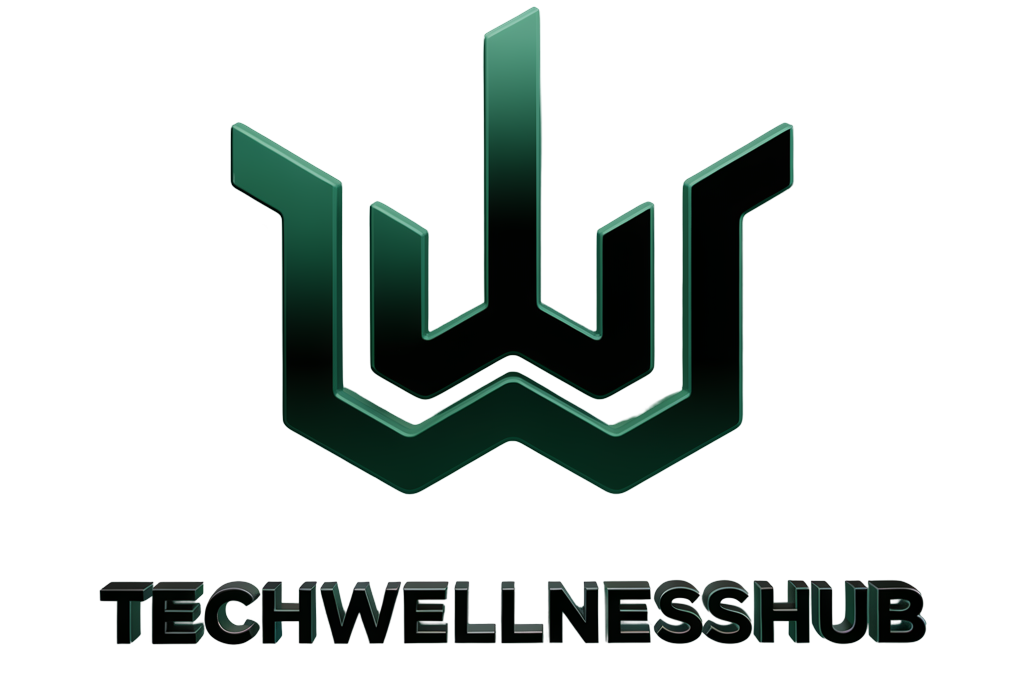Introduction
Agile scrum is an approach to software development that values communication, flexibility, and incremental progression as the norm in today’s fast-moving software development scene. With more and more companies adopting agile, the need for QA to help deliver a high-quality software product that meets customer needs is growing rapidly.
Let’s get started and see what Quality Assurance means specifically when it comes to Agile & Scrum frameworks here below. Collaboration and Flexibility in QA for Project Success We’ll explore.
Agile Scrum encompasses the fundamental principles of collaboration and open communication among stakeholders in cross-functional teams. It helps maintain agility through transparency, as well as allowing for continuous feedback loops, so you can indeed “ship working software,” as the agile saying goes, and not be overly bound to your initial specifications, as the latter becomes more fluid.
Testers can get insights into project requirements much earlier – if they actively participate during ceremonies such as sprint planning meetings. This partnership also helps us develop a common picture and alignment around the whole team. The real agile testing environment is a true collaboration between QA experts who can give feedback early and proactively participate in creating user stories during the first stage of the software product life cycle. It allows early detection of possible pitfalls and issues with product quality.
To summarise, the key attribute needed for QA under Agile is to move away from traditional attitudes and be open collaborative, and adaptable which are inherent in Scrum. Let’s dig deeper into exactly how the characteristics of collaboration with other engineers and adaptability allow QA practitioners to get hands-on in delivering agile projects faster and better quality software.

Adaptability
is the backbone of the agile scrum, and QA pros should adopt this mentality for project success. In the Agile world, requirements are meant to be fluid and changing across the entire project timeline. QAs must therefore remain fluid in their testing strategies and execution, easily adapting to the new normal with continuous integration/continuous delivery (CI/CD) pipelines, DevOps principles, and cloud-based solutions. Continuous updates in QA processes, tools, and practices allow QA professionals to improve productivity and focus on testing the core functionality of the software.
During Sprint Retrospective in Agile Scrum
Quality Assurance Engineers engage to discuss what went well & what could be improved about their testing endeavors. This ongoing feedback cycle enables them to improve their test practices make them adjustable for changing project requirements and provide high-quality software into Agile Scrum’s small time boxes. Collaboration and flexibility are key to how QA plays an important role in enabling agile scrum projects to thrive, delivering software that meets customers’ expectations while adhering to high standards of quality all through the development journey of the software life cycle.
In the sections below, we will dig more into the impact of collaboration and flexibility in Agile Scrum, looking specifically at how QA pros directly contribute to project success and deliver top-level software products.
Collaboration in Agile Scrum
Collaboration, as one of the central tenets of Agile Scrum, has QA specialists playing a key part in ensuring the success of teamwork throughout the whole development process. QA team members participate in Sprint Planning Meetings alongside developers, product owners, etc. to get the complete project requirement knowledge. Collaborate with QA folks at the product inception stage; you’ll benefit from their expertise while creating user stories, and spotting risk and quality issues.
- In sprint execution, QAs walk side-by-side with developers assuring developed features meet the agreed-upon standards of quality. They actually work together on test case creation, using their skills to spot the most essential scenarios in order to have comprehensive code testing. Through participating in Daily Stand-Ups, QA’ers keep their finger on the pulse of the development team’s progress and continue to deliver feedback on product quality as soon as it becomes available. This cooperative approach guarantees that quality gets woven into the entire Scrum process, starting from the beginning of the project to its very end.
- Moreover, collaboration from QA goes far beyond test activities and covers the entire product development process. They participate in conversations at design reviews, code reviews, and more. By encouraging honest conversation amongst all stakeholders (Developer / QA / Project Manager / Client), the QA professional directly contributes to the success of this project. During design reviews, code reviews, and more, you will find them providing valuable input and sharing their knowledge.
- Agile Scrum’s team-centric approach also encourages the spirit of collective ownership among team members. A successful QA professional is always involved in debates on how to improve their processes and helps contribute to the team’s constant learning and development. Role of QA professionals as Collaborative agents in building cohesive Agile Scrum teams.
Adaptability in Agile Scrum
Agile Scrum requires agile QA in order to guarantee maximum success. The testing methodology must change with the evolution of the requirements. Agility is key for QA — being able to adapt tools and practices to continuous change requires flexibility.
During the burst, QA considers and improves upon testing. QA also embraces continuous integration/delivery. That gives us really good quality but fulfills shortening expectations.
Retrospective reveals the way to improve flexibility. Switching to new test types and tools makes QA prepared to adapt over the long run. Continuous Process & Feedback with Cross-functional Teamwork.
Agile and collaboration from QA are what enable us to deliver amazing testing at every level – speeding up product development. Being open to change and adaptability allows QA to flourish in the midst of change.

Conclusion
In the agile scrum methodology, QA professionals have an extremely important responsibility in delivering quality software products.
Besides their adaptability, QA professionals also have the ability to change along with evolving demands and offerings from stakeholders. They constantly re-assess and refine test strategies, tools, and methods to improve effectiveness and focus effort correctly.
Finally, the importance of QA in Agile Scrum for the successful implementation of software projects. Through teamwork and flexibility, QA professionals play an important role in delivering a top-quality software product that meets customer’s expectations.

